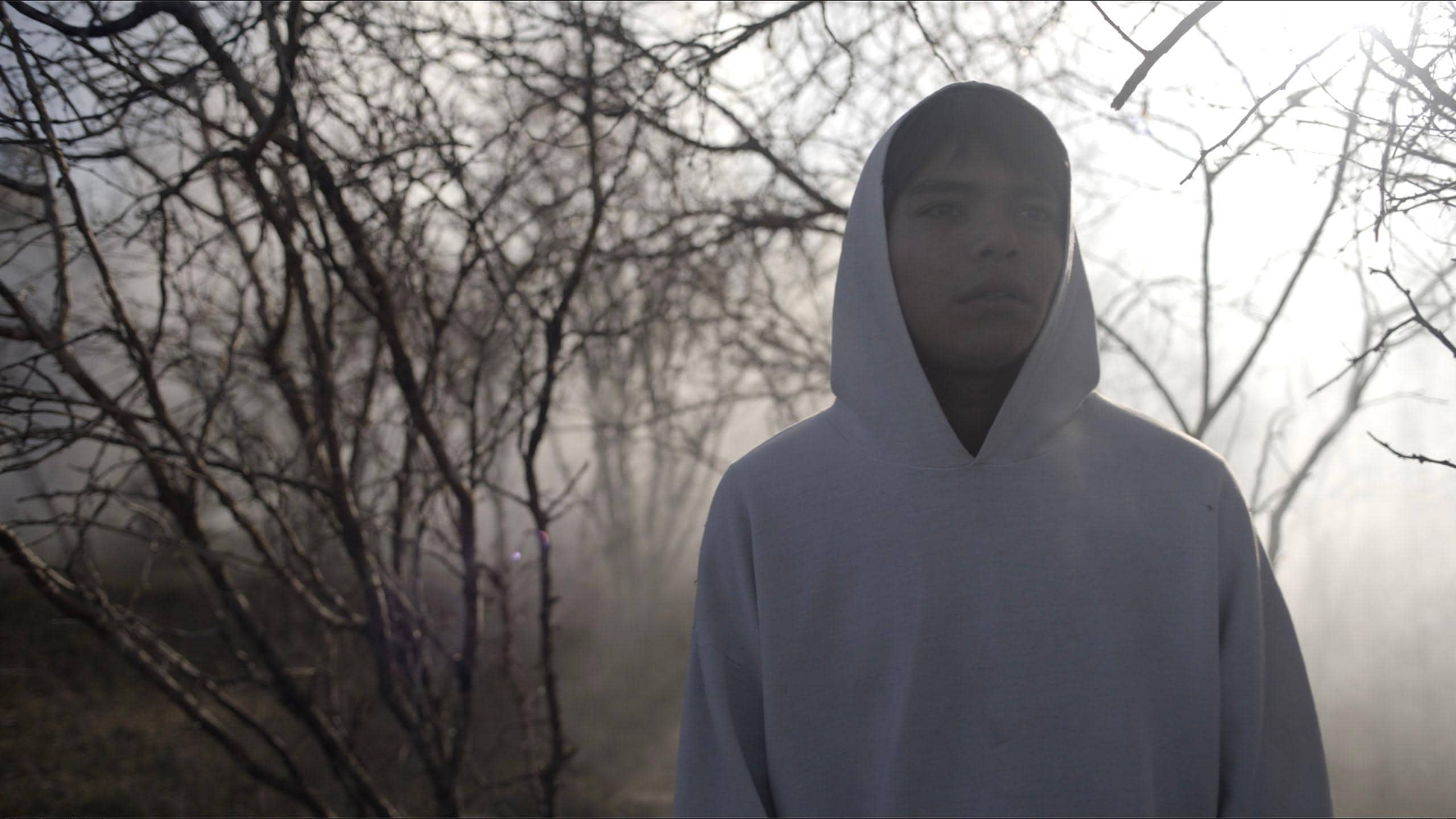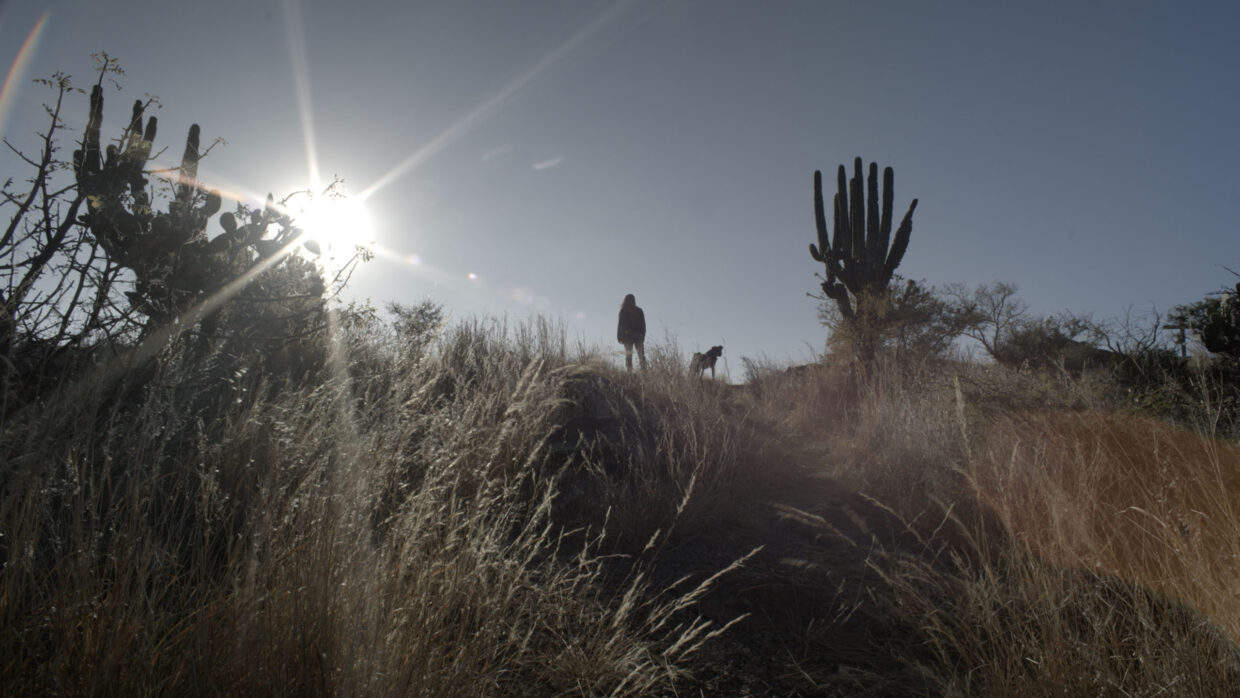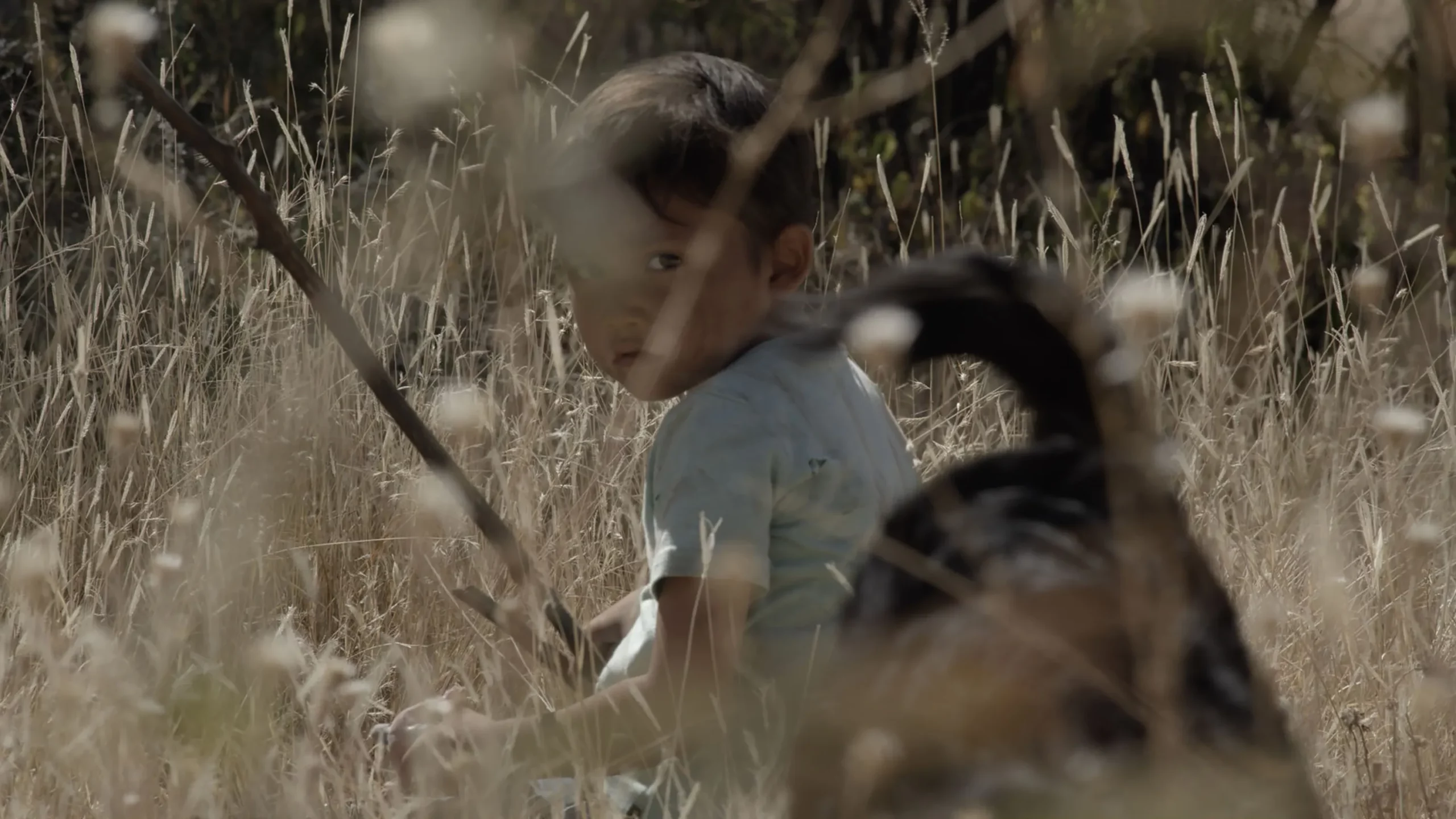Sujo (2024) – Review and Summary
Astrid Rondero and Fernanda Valadez’s “Sujo” is a beautiful, quiet Mexican film about a boy trying to escape the dangers and trauma of generations.

Spoiler Alert: This summary and review contains spoilers.
Additionally, some images and text may include affiliate links, meaning we may earn a commission or receive products if you make a purchase.
“Sujo” Plot Summary
“Sujo” can be a tragic story draped in gorgeous cinematography. The juxtaposition of these two elements provides an equally grounded yet ethereal experience that enlightens people’s understanding of drug cartels in Mexico and the trauma of generations. Writers and directors Astrid Rondero and Fernanda Valadez remove explosive, stereotypical drama from their subject and infuse gentle beauty into this coming-of-age story about loss.
“Sujo” follows the key memories and influences of a young man named Sujo (played primarily by Juan Jesus Varela) as he grows up without his parents. Sujo’s father, Josue, was a sicario killed by a cartel after Josue killed a cartel leader’s son. Sujo is just a child, but the cartel then searches for Sujo to enact revenge and pay for the sins of his father. The boy is quiet, observant, unaware of the tragedy or harm at hand, yet alarmed by his changing settings. Sujo is taken in by his aunt, Rosalia (Karla Garrido), and raised in secret to keep him out of harm’s way.
While Sujo is raised in secret and away from his home, Rondero and Valadez demonstrate that the fatherless child is still tempted by the lifestyle his father endured. Sujo’s sweet and gentle manner is threatened by cousins who join the cartel, by city life, and by a lack of clear guidance about who he should be as an emerging adult man.
Filmmakers Rondero and Valadez convey through “Sujo” that, despite being removed from a dangerous situation or lifestyle, generations of trauma, gender expectations, and class struggle can put us and our children in the same place we tried to escape. “Sujo” is a beautiful, quiet film that shows the resilience of a young man grappling with the physical and spiritual separation he must endure to live a life away from what has harmed his family, and in the process, he must find his own identity.
Content Information
“Sujo” is currently not rated, but includes violence involving drug cartels, profanity, and some sexual content and nudity.
Other Noteworthy Information
- “Sujo is Astrid Rondero and Fernanda Valadez’s third feature-length collaboration together.
“Sujo” General Information
| Directors | Astrid Rondero and Fernanda Valadez |
| Screenplay By | Astrid Rondero and Fernanda Valadez |
| Date Released | January 25, 2024 |
| How To Watch | Film Festival – Sundance Film Festival |
| Genre(s) | Crime
Non-English (Spanish) |
| Film Length | 2 Hours, 7 Minutes |
| Content Rating | Not Rated |
| Noted Characters and Cast | |
| Sujo | Juan Jesus Varela |
| Rosalia | Karla Garrido |
Character Descriptions
Please Note: This character guide is not an exhaustive list of every cast member, and character descriptions may contain what can be considered spoilers.
Sujo (Juan Jesus Varela)
Sujo is a quiet child and a gentle young man. While other men look to make a quick buck through boxing and drugs, Sujo struggles with his delivery job. He longs for parental guidance and education, but is unsure of what’s expected of him and often struggles alone.
- The actor is also known for their role in “Identifying Features.”
Rosalia (Karla Garrido)
Rosalia is Sujo’s kind and caring aunt, who agrees to raise him. While she has two boys of her own, Rosalia is also Josue’s sister and isn’t afraid to speak her mind. She leads Sujo with grace when Sujo’s own mother is consumed by vengeance.
- The actor is also known for their role in “El Ultimo Rey.”
“Sujo” Review
Our Rating: Positive (Worth Seeing)
Highlights
Superb Cinematography and Display of Mexico’s Landscapes Create a Dreamy Atmosphere

“Sujo” shows us the hazy sunsets and foggy mornings and wraps us in natural light for most of its story. Set in the Mexican countryside, Astrid Rondero and Fernanda Valadez create dreamy scenes that make Sujo’s life feel like it’s our own memory. The film wisely stays away from showing cartel violence and opts instead to show us the beauty of the natural world, making Sujo feel like he’s occupying a space untethered to societal expectations or problems.
The World Through Sujo’s Eyes

Whether we’re stuck in the backseat of a car or hiding underneath a table, “Sujo” puts us into the eyes of its child protagonist. We’re experiencing confusion and frustration with him. The lens implies these are some of Sujo’s first memories, as if his birth starts now, with hazy memories of his parents and no connection to his own creation.
On The Fence
Pacing Can Lose Viewers’ Interest
Since directors Rondero and Valadez subvert viewers’ expectations by withholding violence and melodrama, viewers have to readjust and learn a new visual language about what they know regarding drug cartels and people in Mexico. This is to the viewers’ benefit, but when the pacing can feel slow, simply showing a bike ride or Sujo wandering on the country road, people may grow frustrated or bored with what they see on screen.
Good If You Like
- Latin American representation, art-house Mexican films, and coming-of-age stories.
Recommendations
If you like this movie, we recommend:
Check out our movies page for our latest movie reviews and recommendations.
Images used for editorial and commentary purposes. All rights remain with their respective copyright holders.


